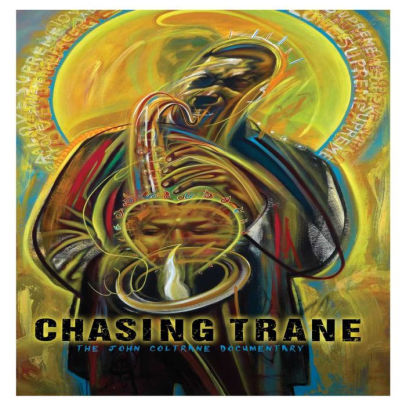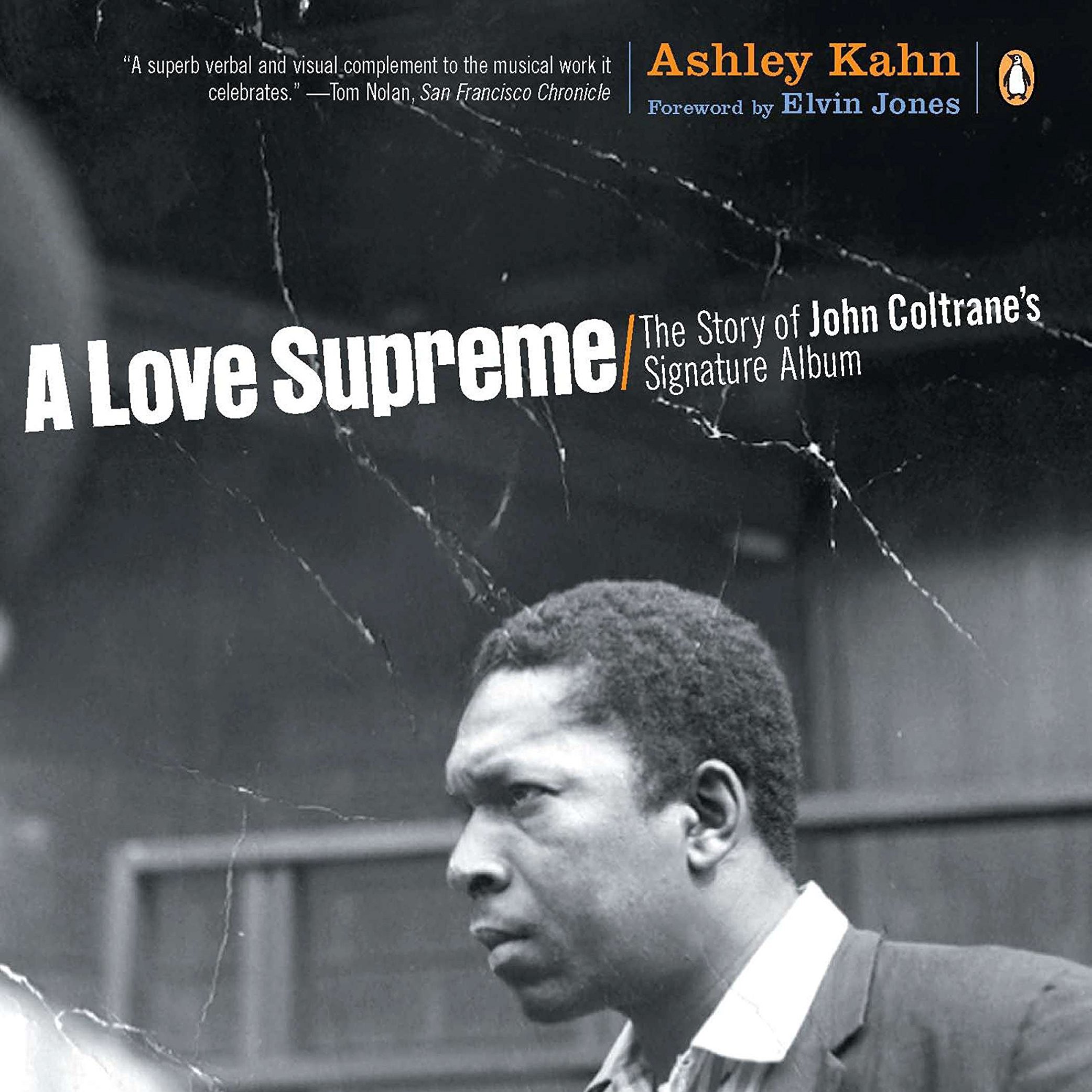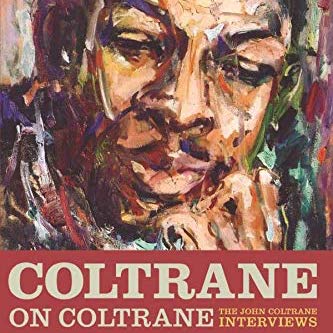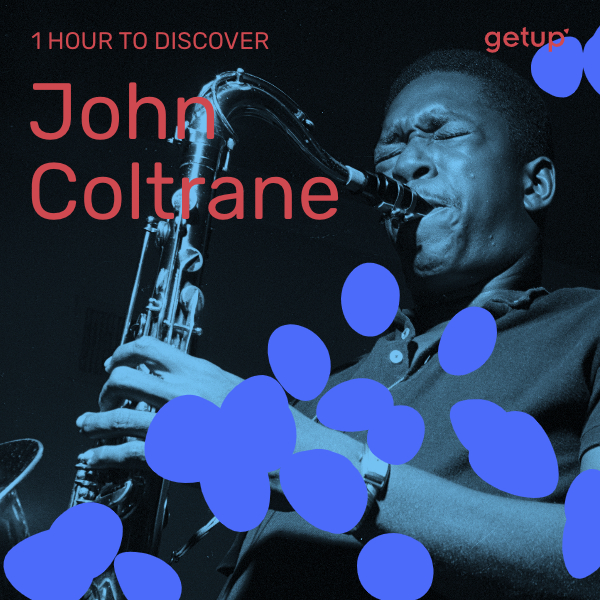In jazz, there is a before and an after J.C. Read: the messiah, the one by whom jazz will make giant steps to reach new heights. Giant Steps is the Gordian knot, a monument of jazz music that every saxophonist has to master to prove that they have reached a form of fulfillment. Released at the beginning of the 1960s under the Atlantic label, the theme lines up chords and modulations in all directions, following a stunning harmonic progression, in an improvisation played at an energetic tempo, up to 290 bpm at its peak. In the outstanding Cas Coltrane, an essential study of the musician who revolutionized the whole jazz genre in just ten years, the essayist Alain Gerber gets quite rightly very passionate: “Jazz gets a hard-on insofar as it gets you hard. When it was published in France, Giant Steps was immediately regarded as the phallus of contemporary jazz. We expected its precious liquor to fertilize the vanguard.” So that’s what this theme is about – the sudden death of jazz in less than five minutes, and its resurrection to the next life, elsewhere. A Himalayan mountain where you eventually reach nirvana. From then on, nothing would be the same for the one who, until a few years earlier was shining on the Prestige label with conventional albums, yet one could guess what was to happen afterwards. Listen to Bakai, Coltrane’s first LP under his name: a masterly sound, a phenomenal sense of the blues, an eye that already seemed to express that this was only the beginning of an irresistible ascent, another one of the artist’s signature themes.
“I start from one point and I’m going as high as possible.” These words by John Coltrane are also title of a small collection published by Éditions de l'Éclat. The Hamet-born Coltrane opened up to music critic and soon-to-be artistic director Michel Delorme, in three interviews corresponding to three concerts the saxophonist performed in France between 1962 and 1965. “The future comes out of his instrument,” wrote a New York Daily News’ journalist. Go ahead John! Coltrane changed the course of destiny, showing that he would be the prophet for every enthusiast of liberated jazz, recording works for Impulse!, the company whose motto is “the new wave of jazz”. Jazz would then take more spiritual paths, and Coltrane is one of those responsible in this new chapter. The future written in the urgency of present time – no time to look back, even if he did take a moment to record an essential duet with Duke Ellington, that reminds us that all this too comes from the blues.
In 1960, John Coltrane had just met Alice McLeod, who will then guide him towards creating “Eastern” music. He would soon start his own quartet, with which he recorded “My Favorite Things”. A very basic melody that would disrupt jazz playing forever, and raise the stakes of a music corseted into more and more formal constraints. “Of all the ones we recorded, ‘My Favorite Things’ is my favorite piece,” said the saxophonist in January 1962 in an interview for Jazz Hot. Three years later, on December 9, 1964, John Coltrane recorded A Love Supreme, an album of true Buddhist “awakening”, beginning with the sound of a gong. With this stratospheric record, Coltrane went above and beyond – the acme of a quartet that would soon split up. Four themes that form a “suite” dedicated to the forces of the invisible, like a prayer that will resonate if the Earth is still turning around in two thousand years. Ite missa est! The oracle spoke, the one who is just about to record “Amen”, a composition that tolls the bells of a quartet consecrated into the mythology of 20th-century music.
John Coltrane
John Coltrane’s career reminds us how much the essence of jazz requires a permanent mise en abyme.
Share
Get Deeper

Chasing Trane, The John Coltrane Documentary (John Scheinfeld, 2017)
Read More

Article: About Giant Steps (2019)
Read More

Book: A Love Supreme: The Story of John Coltrane's Signature Album (Ashley Kahn, 2003)
Read More

Book: Coltrane on Coltrane, The John Coltrane Interviews (Chris de Vito, 2010)
Read More


.jpg)

.jpg)